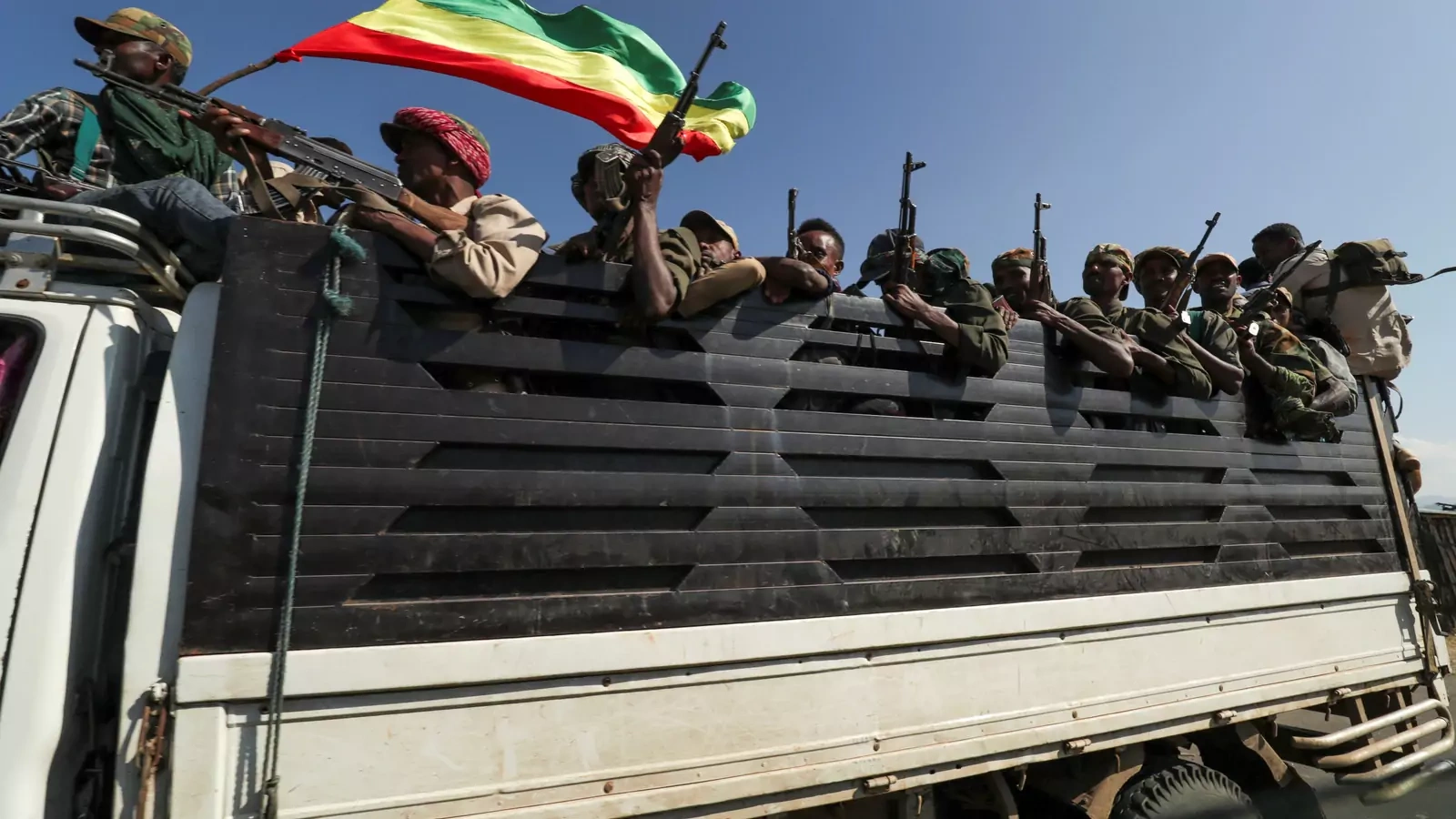by Michelle Gavin

Over the past week, as many have been distracted by the U.S. elections, an extraordinarily dangerous unraveling has picked up speed in Ethiopia. Months of simmering tensions between the leadership of the Tigray region and the central government in Addis Ababa boiled over into open military conflict, threatening to tip the country into outright civil war. Ethiopia’s crisis jeopardizes not just the security of 110 million people, but the stability of the region and the promise of a more assertive, more capable African influence on global affairs.
For decades, the Tigrayan People’s Liberation Front (TPLF) was first among equals in Ethiopia’s ruling coalition. But when Abiy Ahmed of the Oromo Democratic Party became Ethiopia’s prime minister in 2018, it marked a shift in relative power among the coalition’s ethnically-based components. Domestically and internationally, Prime Minister Abiy’s ascension came to be understood as a corrective measure intended to address popular dissatisfaction about political repression, access to resources and opportunity, and the perception that an ethnic minority (Tigrayans constitute roughly 6% of Ethiopia’s population) enjoyed the lion’s share of power and influence in the country’s federal government. Tigrayans came to feel unfairly targeted by the new government’s personnel and policy choices, declined to join the successor party to the old ruling coalition, and then this fall chose to proceed with their own regional elections in defiance of a federal decision postponing planned elections due in part to the COVID-19 crisis.
All of this heightened tension played out against a backdrop of increased contestation for power from different populations and parties throughout Ethiopia, and a broad rethinking of the federal project in the vast, diverse, and strategically important country. Lighting the tinder in Tigray only increases the chance of sparks spreading elsewhere in the country and reduces the vision of a free and democratic Ethiopia to ashes. The crisis also threatens to draw in Eritrea and Sudan and to undermine ongoing efforts to bring peace to Somalia and Sudan. It presents rich opportunities for extremists and for external actors willing to fan the flames of war in the Horn of Africa to achieve an advantage in unrelated rivalries. Instead of emerging from a difficult period of internal reform as a strong standard-bearer for African institutions and interests internationally, Ethiopia would be, at best, weakened, distracted, and susceptible to manipulation. At worst, outright state collapse in Ethiopia would be a massive humanitarian catastrophe with destabilizing consequences far beyond Ethiopia’s borders.
The world must act urgently to prevent worst-case scenarios. The African Union and the United Nations have called for dialogue, and Tigrayan officials appear open to a role for the AU, but Ethiopia has largely met international concern with unconvincing reassurances. It is extraordinarily unfortunate that the Trump administration has already staked out an antagonistic position vis-à-vis Ethiopia, limiting U.S. influence at a critical moment, but the United States can still lend meaningful support to those with the credibility to successfully encourage de-escalation. The most urgent task for mediators is to get both parties to cease hostilities, and more challengingly, to free the TPLF and the central government from the trap of having delegitimized each other, so that they may forge a path to productive dialogue.
No comments:
Post a Comment